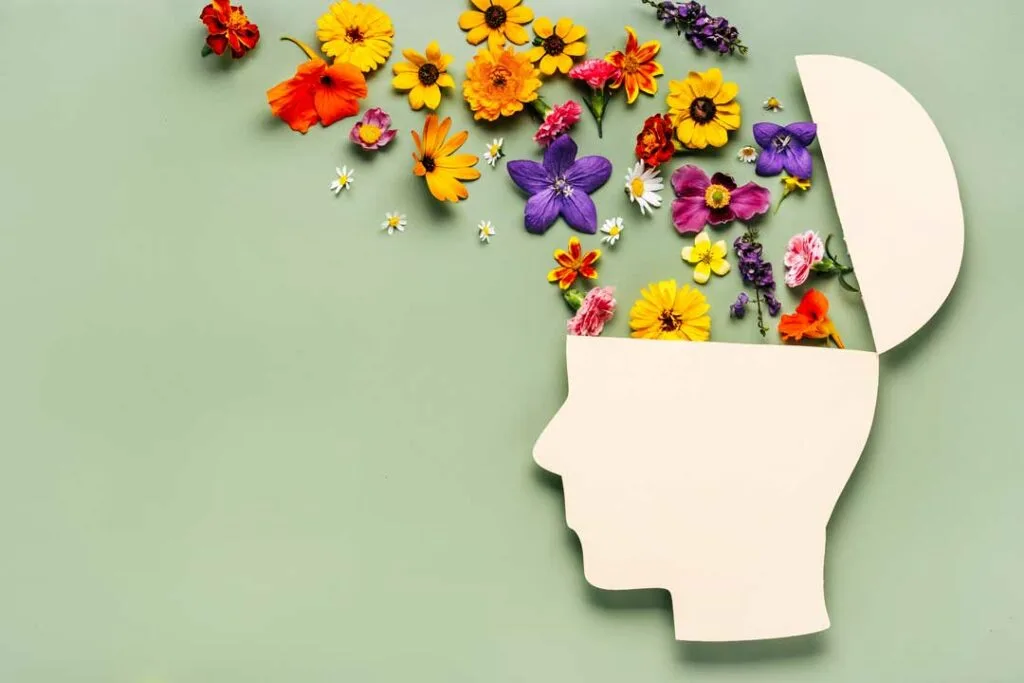Mental health treatment has a negligent reputation. Whispers of weakness, scary medications, and locked wards cloud public perception. But the reality is far from these outdated and, frankly, harmful myths. Seeking help for your mental health isn’t a sign of surrender; it’s a symbol of strength and self-awareness. Let’s debunk some of the biggest myths surrounding mental health treatment.

Myth #1. Mental Health Treatment Centers Are Like Scary Asylums
The image of straightjackets and padded cells might linger, but in reality, a modern mental health treatment center is way more different from that. They are sanctuaries for healing—safe spaces where individuals can focus on getting in a supportive environment. They offer various treatment options, from individual and group therapy to mindfulness practices and medication management. Whether you seek mental health treatment in Long Beach or explore therapy centers in Boston, you’ll find treatment centers professional and caring.
Myth #2. Medication Makes You A Zombie
Medication is often an important part of a mental health treatment plan, but it’s not a lobotomy in a pill bottle. Medications work by regulating brain chemicals that may be imbalanced, leading to symptoms like anxiety or depression. They don’t erase your personality but help you function at your best.
Medication sharpens your mental clarity, allowing you to participate fully in life. Of course, medication isn’t for everyone. It’s a decision you make in partnership with a doctor, weighing the potential benefits and side effects.
Myth #3. Therapy Is Just Talking And Won’t Actually Help
This one stings. Therapy is a powerful tool that goes way beyond just venting. A skilled therapist acts as a guide, confidant, and cheerleader. They help you develop coping mechanisms, navigate emotional storms, and challenge negative thought patterns. It’s a collaborative effort to understand your experiences, identify triggers, and build resilience.
Therapy can be surprisingly practical, equipping you with tools to manage stress, improve communication, and build healthy relationships. It’s not magic, but it’s still a powerful weapon in your mental health arsenal.

Myth #4. Treatment Takes Forever And Won’t Work
There’s no one-size-fits-all timeline for recovery. Some people see significant improvements quickly, while others take a longer journey. The key is consistency and an open mind. Remember, mental health is an ongoing journey, not a destination. Just like physical health, there will be setbacks, but the right treatment equips you with the appropriate tools to navigate them.
Myth #5. I Can Handle This On My Own
Let’s redefine strength. Seeking help isn’t a weakness; it’s taking control. Just like you wouldn’t hesitate to see a doctor for a broken arm, why not seek a professional for your mental health? Mental health challenges can be isolating, and isolation fuels them. Treatment centers provide a sense of community and connection with others who understand your struggles.
Myth #6. Mental Health Treatment Is Too Expensive
Cost shouldn’t be a barrier to getting help. Many treatment centers offer flexible payment plans and work with insurance companies. There are also government-funded programs and sliding-scale options. Talk to your doctor or a treatment center directly to explore financial assistance options. Investing in your mental health is investing in your overall well-being and future. So don’t take it as a burden on your pocket.
Myth #7. Treatment Makes You Dependent
The goal of treatment is to empower you, not create dependency. Therapists teach you coping mechanisms and self-care strategies so you can navigate challenges independently. Treatment equips you with tools, not crutches.

Myth #8. Relapse Means You Failed
Mental health recovery isn’t a linear path. There might be setbacks and periods where symptoms resurface. This doesn’t mean you’ve failed; it means you need to adjust your treatment plan. It is just like learning a new skill – there will be bumps along the road, but with practice, you get better.
Myth #9. Treatment Is Only For Severe Cases
Mental health treatment is for everyone. It’s not just about treating diagnosable conditions. It’s about preventative care, building resilience, and developing healthy coping mechanisms. Whether you’re struggling with daily stress, anxiety, or relationship issues, a therapist can help you deal with life’s challenges with greater clarity and emotional control.
9 Mental Health Treatment Myths Debunked
Mental health treatment is a path to empowerment. It’s a chance to rewrite your story, one therapy session, one healthy coping mechanism at a time. You deserve to feel better. Take that first step.

Jessi is the creative mind behind The Coffee Mom, a popular blog that combines parenting advice, travel tips, and a love for all things Disney. As a trusted Disney influencer and passionate storyteller, Jessi’s authentic insights and relatable content resonate with readers worldwide.
